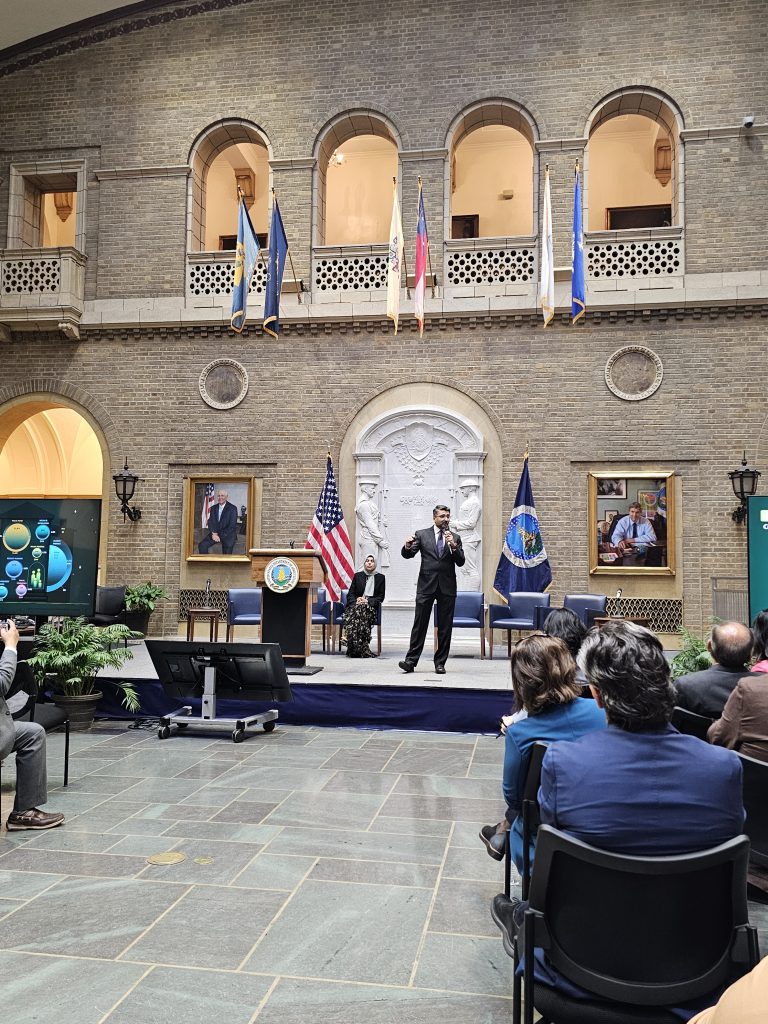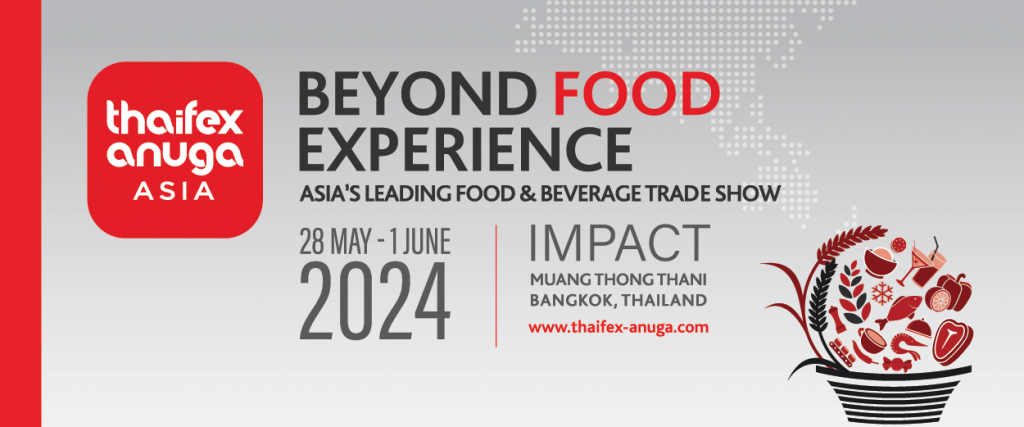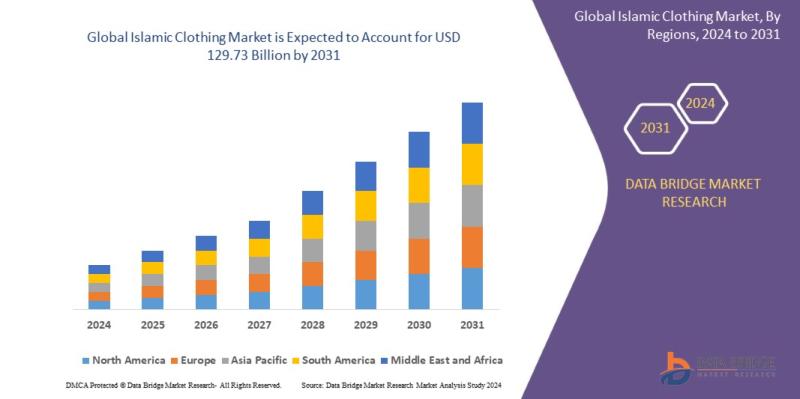By Yuzam Yusa & Yantoultra Ngui Yichen
KUALA
LUMPUR: A big chunk of the local and global halal products and services
market is still waiting to be tapped by Malaysian SMEs, said Halal
Industry Development Corporation (HDC) managing director and chief
executive officer Datuk Jamil Bidin.
But first they have to
overcome the obstacles such as the international standards — HACCP
(Hazard Analysis and Critical Control Point) and GMP (General
Manufacturing Practice) — which many local SMEs failed to meet.
In an exclusive
interview with The Edge Financial Daily recently, Jamil said the global
market for halal products and services was worth some US$2.1 trillion
(RM6.9 trillion) a year.
“The demand among
Muslim countries is already high, not to mention demand among the
Muslim population in non-Muslim countries such as Russia, India and
China. These non-Muslim countries are emerging markets for halal
products and services.
“There is a smaller
Muslim population in the US and Europe but they have a stronger
purchasing power,” said Jamil, adding that all these were waiting to be
tapped by Malaysian SMEs.
Speaking of the local
halal arena, Jamil said the prospect was encouraging as some
multinational companies (MNCs) needed lots of halal raw ingredients for
their products, the demand of which could not be met by local SMEs.
“Nestle, the biggest
food product maker in the world, needs some one billion tonnes of
emulsifiers a year in Malaysia. Our SMEs are hardly able to meet this
demand. Tesco has to import emulsifiers due to the same reason,” he
said.
Jamil said halal
ingredients for food products, which is worth RM30 billion annually
worldwide, were a new focus for HDC. For example, 90% of the world’s
supply of gelatin, which is usually extracted from animals, is
non-halal.
“Our country is rich
in palm oil. Gelatin can also be made of seaweed and palm oil. This is
also an area of opportunity we are helping our SMEs to explore,” he
said.
To help SMEs gain
access to the global market, the HDC has initiated measures to help
them build capacity and meet international standards such as GMP and
HACCP.
On the local front,
the HDC is carrying out a mentoring programme, assisting potential
halal suppliers to do business with MNCs such as Nestle.
Besides catering for
the needs of the 1.8 billion Muslims worldwide, Jamil said the halal
industry was also an emerging market force that attracted non-Muslims
via its hygiene and contamination-free principles in food production.
According to him, the
halal food sector alone is worth US$547 billion a year. Jamil also said
that only one of 86 Kosher products in the US was halal.
Jamil said HDC,
wholly-owned by the Ministry of Finance, would focus on strengthening
specific sectors in the diverse halal industry such as specialty
processed food, cosmetics and personal-care products, halal ingredients
and livestock.
Malaysia’s competitive
advantages in developing and promoting its halal industry included its
halal certification, which is one of the longest established standards,
while the Malaysian halal logo is the most widely recognised in the
world.
“This is part of the
halal industry master plan, we are currently in phase one where we will
see Malaysia establish itself as a global leader in Halal Integrity by
2010,” he said.
Jamil added that the
key strategies to drive the growth of the industry included
consolidation, elevation of industry standards, better innovation
capabilities, global network connection and brand strengthening.
“Come 2020, we shall
have 1,600 export-ready and 50 world-class SMEs, 12 new global
companies, 90 new international halal certifications, global leader in
the fields of halal ingredients and innovation, state halal parks will
be in full operation and to have the Malaysian halal logo recognised
and accepted worldwide,” he said.



